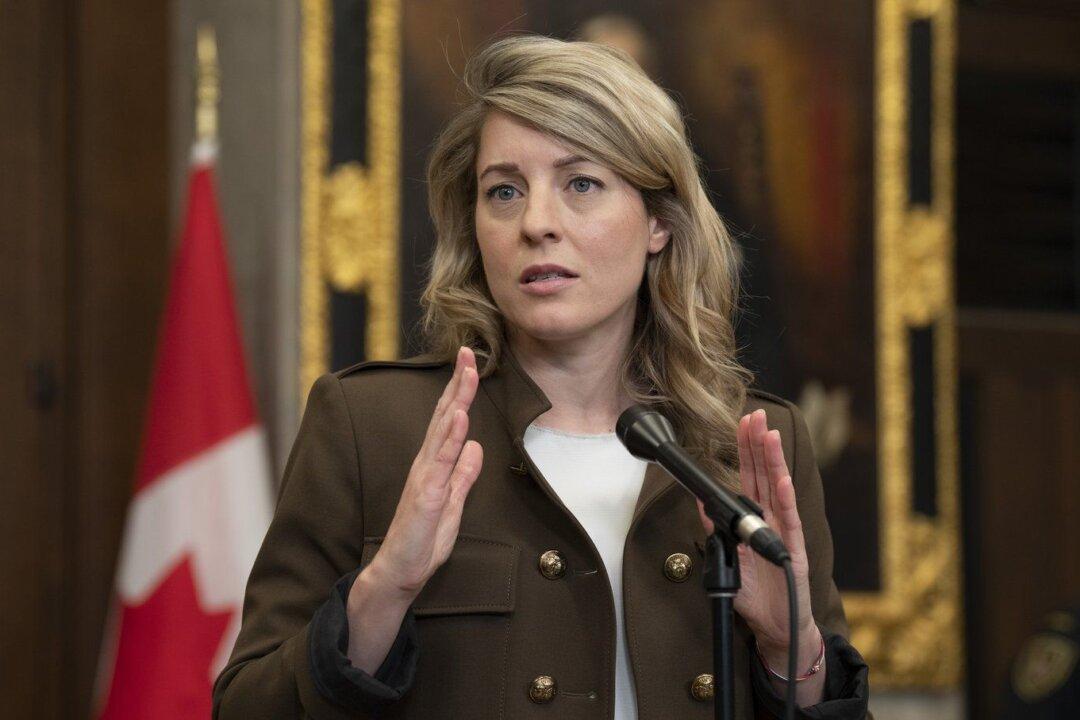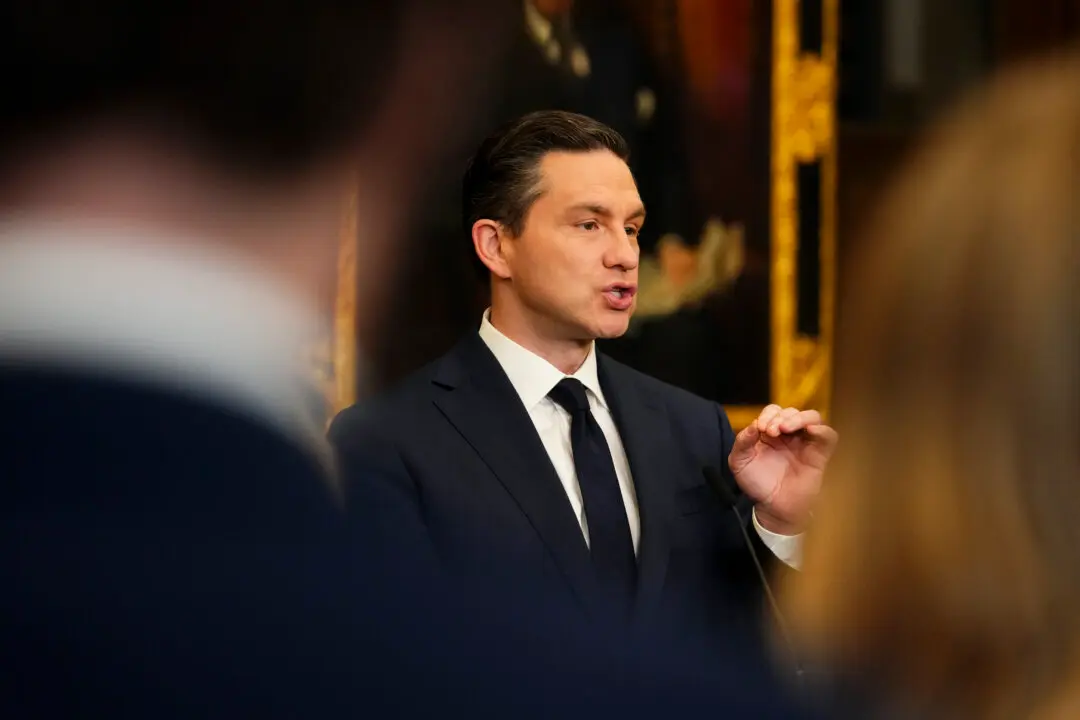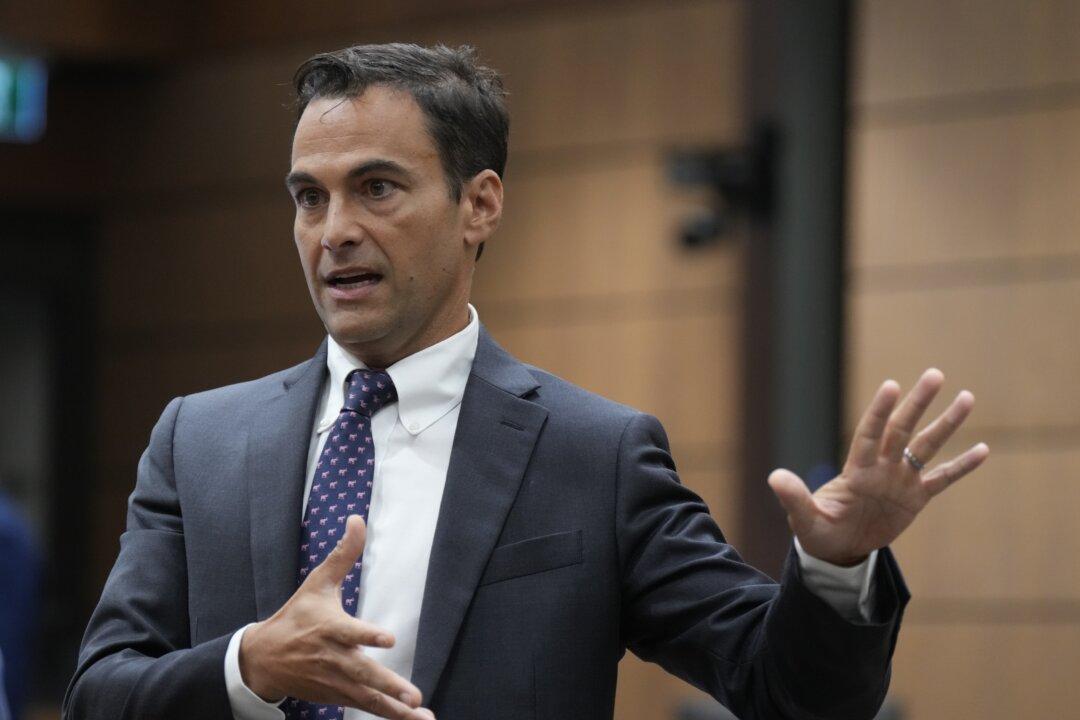Foreign Affairs Minister Melanie Joly has announced that Canada will seek a seat on the United Nations Human Rights Council for 2028 to 2030.
“The multilateral system that underpins [human] rights is under threat like never before. To confront this challenge, we must work together to rebuild the human rights foundation to strive towards a more just tomorrow for everyone,” she said during a press conference on Parliament Hill.





